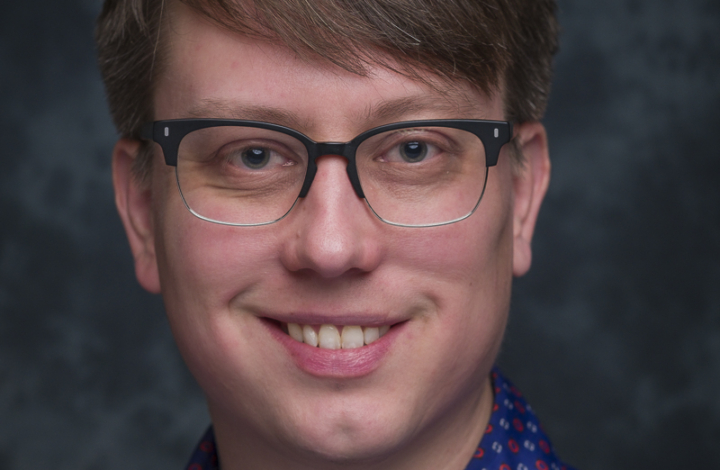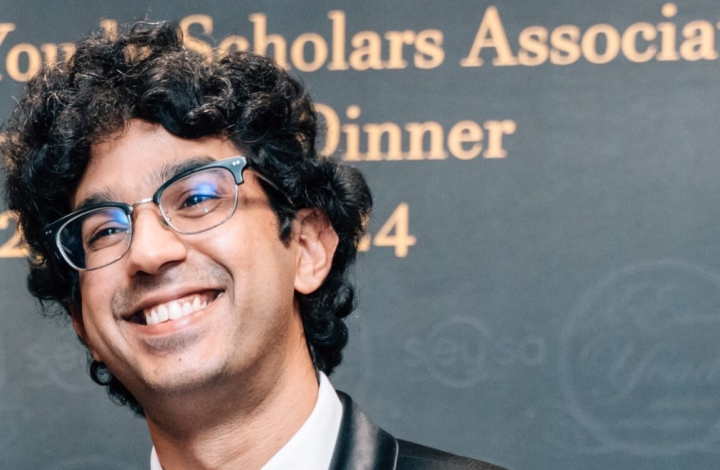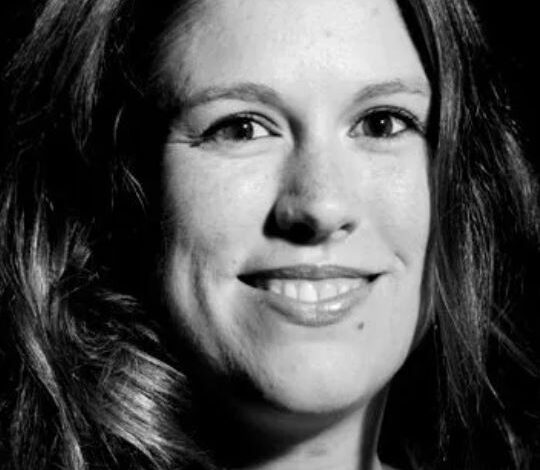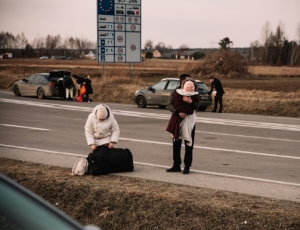
Why do adults change their beliefs?
Year Group 2025/26
About the topic
Across the world, societies are seeing rapid and widespread changes in what adults believe. People are adopting new and evolving conspiracy theories, becoming disillusioned with politics—as seen in waves of anti-government protests—and rethinking views on institutional racism, as reflected in the global Black Lives Matter movements. From a social science point of view, these sudden shifts are striking. Adults don’t typically change their political beliefs quickly or easily.
Traditionally, changes in public attitudes have been explained by generational turnover, with younger cohorts bringing new values and perspectives into political and cultural life. But the speed of recent belief changes suggests something else is happening—something taking place at the level of individuals, not just generations.
Despite growing evidence, belief change in adulthood remains underexplored. This is largely because it challenges long-standing ideas that political attitudes are shaped early in life and remain stable over time. While some recent studies have shown that adults can change their beliefs, they often stop short of explaining when, why, or how this happens.
We aim to fill that gap. Our research will explore how adult belief change occurs, for whom it is most likely, and under what conditions it takes place. Using new theoretical and methodological tools, we hope to open up a meaningful research agenda on a topic that is both timely and socially significant.
About the members of the theme group
The Theme Group consists of Katerina Manevska (coordinator), Mark Brandt, and Paul Vinod Khiatani.
Our group, part of a broader interdisciplinary network on adult political socialization, connects the fields of Sociology, Political Science, and Psychology. Our central aim is to bring adult belief change back onto the agenda of political socialization research.
Political socialization has always been an inherently interdisciplinary field. By drawing on the combined expertise of our disciplines, we aim to make meaningful contributions to this important area of study. Sociology, Political Science, and Psychology each offer unique perspectives on socialization, development, and attitudes—making them especially well-suited for examining how and why adults change their beliefs.
This diversity of approaches within our group strengthens our ability to explore adult belief change from multiple angles, offering fresh insights into a topic that has long been overlooked.
Themegroup participants
-

-

Khiatani, Paul Vinod
Year Group 2025/26 Disciplines: Psychology, Public administration and political science, Sociology -

-
 Fellowship
FellowshipNIAS Theme Group Fellowships
-

-

-
 Theme Group
Theme GroupEarly Dutch Commerce and Indigenous Landscapes